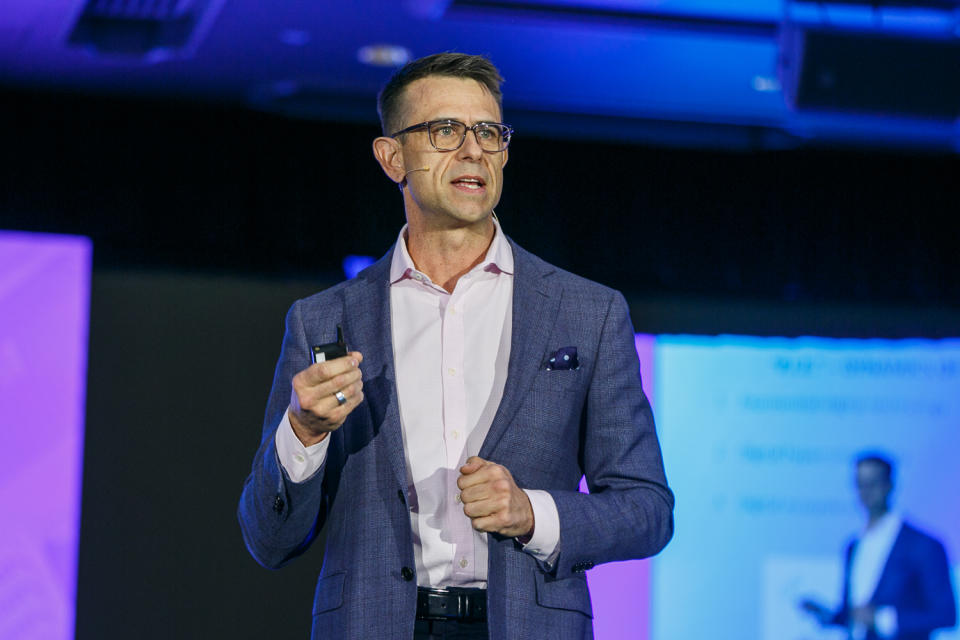Have humans hit peak productivity?

As Treasurer Josh Frydenberg pushes for increased productivity, a workforce researcher is wondering if human beings have reached peak productivity.
Speaking at the Yahoo Finance All Markets Summit, the inaugural Director of Swinburne’s Centre for the New Workforce, Dr Sean Gallagher said humans attempting to boost their individual productivity is a “mugs game” as we’ve likely already become as productive as we can be.
Related story: There’s a global STEM crisis, but can freelancing fix it?
Related story: Why tech skills aren’t the key to success in a digitalising workplace
Related story: What businesses can learn from Japanese tea ceremonies
“I have a little thought experiment - companies have been having to do quarterly reports for a long time and then a few years ago it became monthly reports and now there are weekly reports to the board,” Gallagher said.
“At some point, we're not going to be able to report fast enough on us not meeting those targets.”
And, he added, it’s impossible for humans to compete with technology just by becoming more productive.
Technology comes in two forms, technology in the form of software and engineering, and human labour, in the form of cheaper workers.
That means that while attempting to boost margins through increased productivity may be ineffective, ideas have increasing business cachet, Gallagher said.
“I think of my father-in-law, he lost a good chunk of his self-managed super fund in the GFC and he had to go back to work in his late 60s,” Gallagher said.
“He had been a financial analyst but he wasn't going to be able to compete in that space - he'd been out too long.”
So, he came up with an idea to provide financial advice to people wanting to move into aged care. He’s gone on to more than make up the money he’s lost by using “really talented freelancers from the Philippines” who he’s paying a third of what they would have been paid in Australia.
“Of course you might say, ‘That takes jobs from Australia,’” Gallagher noted.
“But it's focusing on an idea and creating value where it didn't exist before.”
He said that’s the future for humans as workers: humans can’t compete against technology, so ideas are what will become increasingly valuable.
Make your money work with Yahoo Finance’s daily newsletter. Sign up here and stay on top of the latest money, news and tech news.

 Yahoo Finance
Yahoo Finance 
